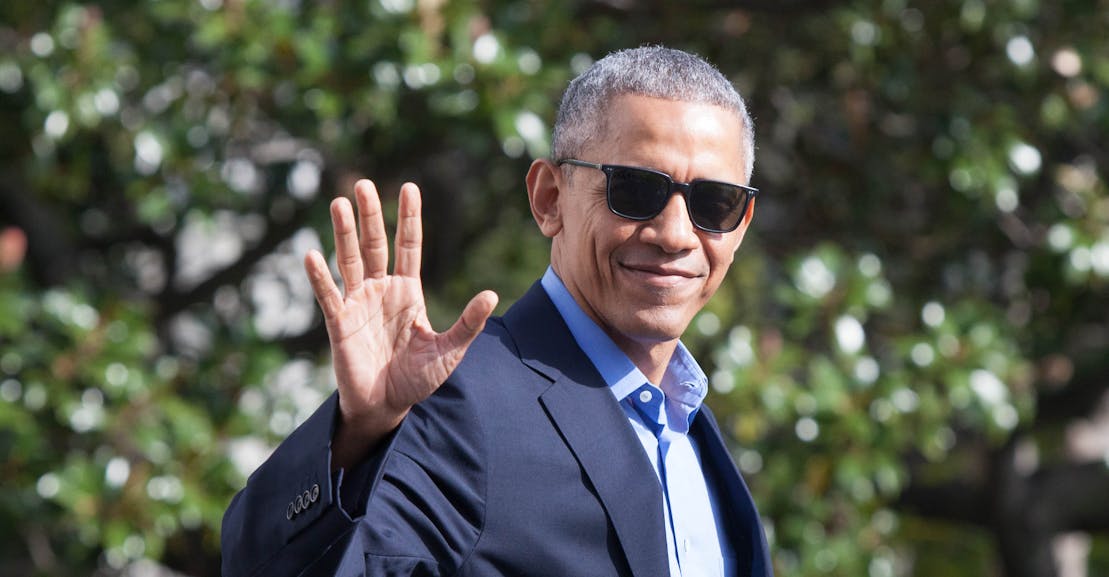Book publishers have had a chaotic year. There have been protests and walkouts over Woody Allen’s memoir and the industry’s lack of diversity—unprecedented activism in an industry with little history of mobilization. One Big Five publisher, Simon & Schuster, is up for sale; two have new CEOs. And then there is the ongoing fallout from Covid-19, which shuttered bookstores across the country.
On Thursday, things got even crazier. Barack Obama and Penguin Random House announced that the first volume of the president’s memoir, A Promised Land, will drop on November 17—two weeks after the presidential election. That book will cover Obama’s presidency from his election in 2008 to the death of Osama bin Laden in 2011. The memoir “brings readers inside the Oval Office and the White House Situation Room, and to Moscow, Cairo, Beijing, and points beyond,” the publisher told Axios. “We are privy to his thoughts as he assembles his Cabinet, wrestles with a global financial crisis, takes the measure of Vladimir Putin, overcomes seemingly insurmountable odds to secure passage of the Affordable Care Act.”
It will also be publishing’s equivalent of an eclipse, blotting out other releases in a crucial fall season. Michelle Obama’s memoir, Becoming, is the biggest hit of the Trump era, selling more than 10 million copies in its first six months; A Promised Land, even at 768 pages, should be expected to sell in the millions, if not tens of millions. (Given Michelle Obama’s sales, the $60 million Penguin Random House paid for books from the couple now looks like a bargain.) Barnes & Noble CEO James Daunt predicted that it will “sell as no other book has done since July 21, 2007”—the date that Harry Potter and the Deathly Hallows, still an industry touchstone, was released.
It also practically guarantees that the blackout that followed Covid-19 will effectively continue. For months, practically no new books were released; this fall, it may seem as if there is only one book in the universe.
Rumors about the imminent publication of Barack Obama’s memoir accompanied reports of a mysterious printer slowdown. As The New York Times reported last month, “The two largest printing companies in the United States, Quad and LSC Communications, have been under intense financial strain,” and LSC’s assets are about to be auctioned off. With many new books postponed, backlist sales boomed; this, too, created a printing problem, with publishers having to balance reprints with upcoming releases. The result was a choked supply chain. Many books that had been slated to be published in the fall—and some whose publication had been pushed back in the spring due to Covid-19—were delayed.
